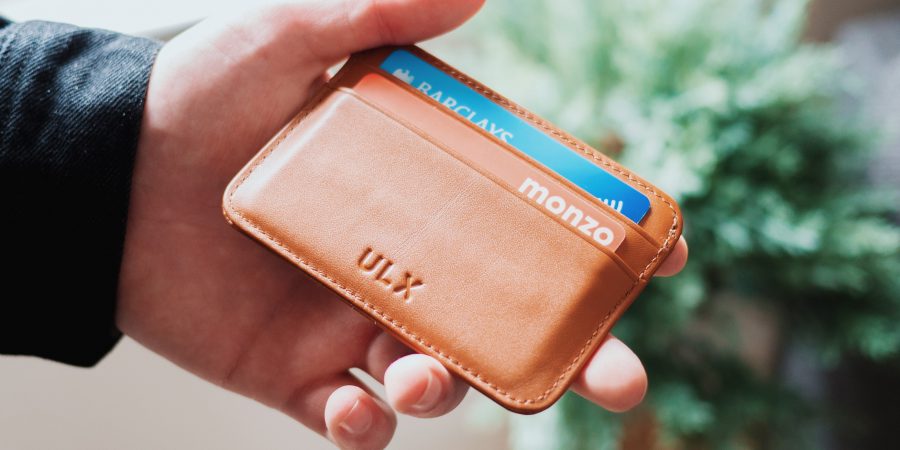We recently had a consumer call our Inquiry Centre, asking about those last three digits on the back of her credit card and when it was – and was not – safe to provide that information. While Consumer Protection BC is not responsible for regulating the credit card industry, we want to help you make informed decisions: and this topic is no exception.
Called a CVC2 or a CVV2 (short for Credit Validation Code 2 or Credit Verification Value 2), this credit card security feature is in place to help prevent fraud during a transaction when a consumer and a business aren’t face-to-face (such as an online or over the phone purchase). Here are three tips on how to protect this important number from fraudulent activity:
- Unsolicited call? Don’t give out your CVC2. Don’t give out this security number over the phone if you didn’t place the initial call. You can always independently verify the caller by hanging up and calling the company back (be sure to use a known number, not the one provided by the caller).
- Watch out for phishing scams. If you receive an email, asking you to click on a link and provide your CVC2, don’t do it – this could be a phishing ploy.
- Know where to go for help. If you feel that you may have been a victim of fraud, please report it to the Canadian Anti-Fraud Centre (www.antifraudcentre.ca).
ADDITIONAL READING:
Your credit card has been stolen. Now what?
Preventing credit card fraud
Credit card scam alert!



I am wondering how safe it is to just tap your credit card at stores ?
Was ask at Save on foods if I wanted to and I said no. What is the point of having a pin? If you lose your card someone can purchase items on your.card without a password. Would like your opinion. Thanks, L.
Hi Lynne — this is certainly an interesting topic. While Consumer Protection BC doesn’t regulate this industry, I did find this Q&A document from the Canadian Bankers Association about “contactless payment cards,” credit card safety and liability if someone gets hold of your card: http://www.cba.ca/en/consumer-information/42-safeguarding-your-money/622-contactless-payment-card-security-an-faq
I hope this information was helpful!
The link did not work.
Hi Douglas, thanks for your comment. Looks like the link may have been an old one, as Melaina shared it in 2014. I searched the website and found some information related to tap technology and contactless payments. Here you go: https://cba.ca/credit-card-fraud. I hope this helps you with what you’re looking for. Thanks!